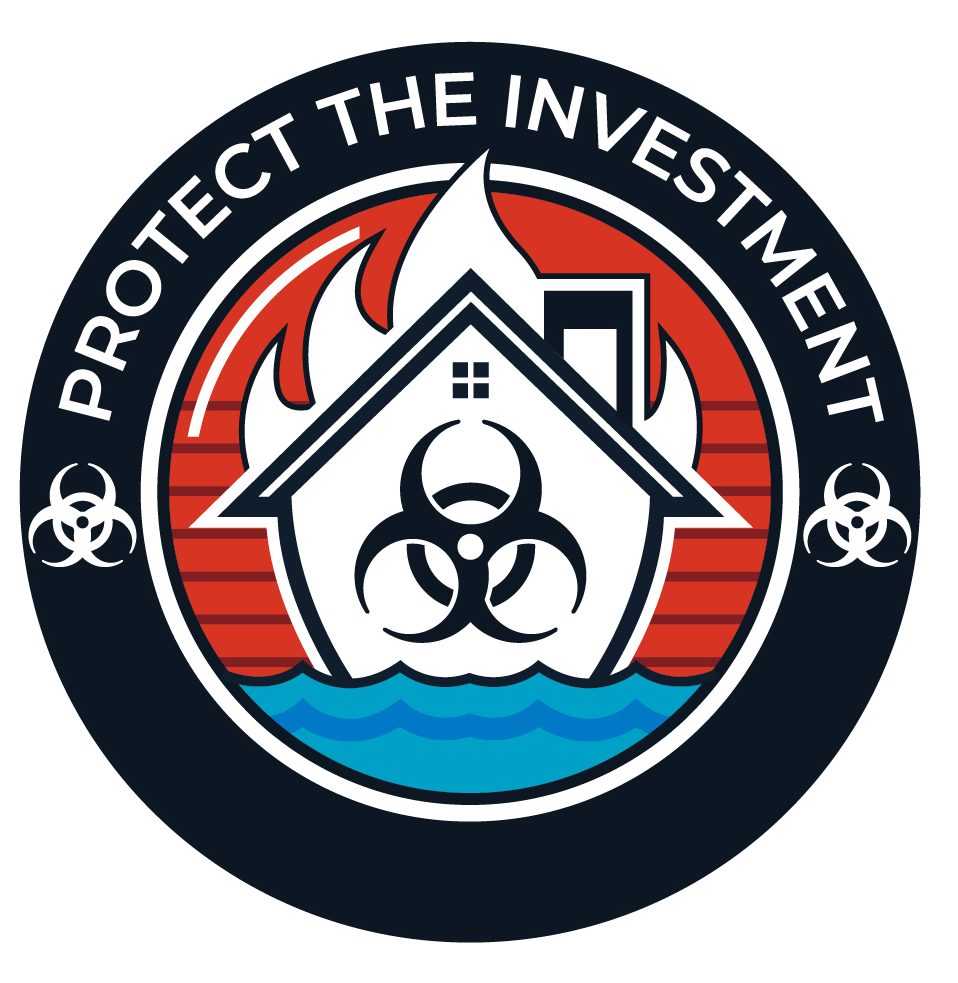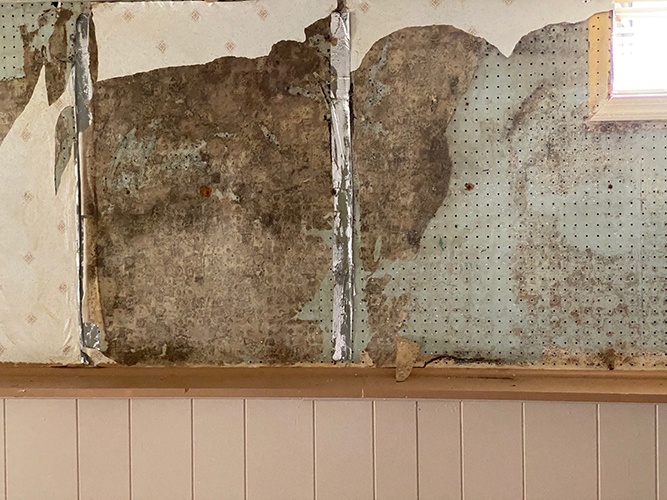When it comes to keeping your home safe and healthy, dealing with mold issues quickly and properly is essential. Mold can cause health problems and damage to your property if not handled correctly. Choosing the right mold inspection service is crucial for addressing these problems. This article will guide you on how to choose the best mold inspection service, helping you make a smart choice for your home.
1. Understand Your Mold Inspection Needs
Before looking for a mold inspection service, it’s important to understand your specific needs. Mold inspections can vary based on the size of the area, the seriousness of the problem, and the type of building. Consider these questions:
- What type of building do you need inspected? The inspection for a house might be different from that for a business.
- Are there specific areas or signs of mold? Knowing where you suspect mold can help the inspector focus their work.
- Do you need a detailed report or just a visual check? Decide if you need a thorough assessment with lab tests or just a basic inspection.
Understanding what you need will help you communicate with potential service providers and make sure they can handle your requirements.
2. Check for Experience and Qualifications
Experience and qualifications are important when choosing a mold inspection service. You want to make sure the company has the skills needed to handle your mold issues. Here’s what to look for:
- Years in Business: Companies that have been around for a long time are likely to have more experience with different types of mold problems.
- Certifications and Training: Look for certifications from recognized organizations, like the American Council for Accredited Certification (ACAC) or the Institute of Inspection, Cleaning and Restoration Certification (IICRC). These certifications show that the inspectors have the right training and follow industry standards.
- Specialization: Make sure the company specializes in mold inspection. General home inspection services might not have the specific expertise needed for mold issues.
3. Check Equipment and Methods
The quality of the equipment and methods used in the inspection can affect the accuracy of the results. Here’s what to consider:
- Types of Equipment: Ask about the tools the company uses, like moisture meters, thermal cameras, and air sampling devices. Good equipment helps detect hidden mold and measure moisture levels accurately.
- Inspection Methods: Find out how the company conducts the inspection. A thorough inspection should include a visual check, moisture readings, and, if needed, samples for lab testing.
- Up-to-Date Technology: Make sure the company uses modern, well-maintained equipment. Outdated or poorly maintained tools can affect the quality of the inspection.
4. Check Licensing and Insurance
A good mold inspection company should be properly licensed and insured. These credentials show that the company follows industry rules and protects you from potential issues. Here’s what to check:
- Licensing: Verify that the company has the necessary licenses to operate in your area. Licensing rules can vary by location, so make sure the company meets local regulations.
- Insurance: Check if the company has insurance coverage. This protects you from potential damage or problems during the inspection.
- Liability Coverage: Make sure the company has liability insurance to cover any accidental damage during the inspection.
5. Look at Reputation and References
A company’s reputation can give you a good idea of its reliability and quality of work. Here’s how to evaluate their reputation:
- Online Reviews: Read reviews and ratings on websites like Google, Yelp, or other review sites. Pay attention to feedback on the company’s professionalism, accuracy, and customer service.
- References: Ask the company for references from previous clients. Contact these references to find out about their experiences with the company.
- Industry Reputation: Consider the company’s reputation in the industry. Membership in professional organizations and positive feedback from industry peers can be good signs.
6. Compare Quotes and Pricing
Pricing is important, but it shouldn’t be the only factor in your decision. Get quotes from several providers and compare them based on the following:
- Detailed Quotes: Make sure the quotes include all parts of the job, like labor, equipment, and any extra charges.
- Breakdown of Costs: Look for a clear breakdown of costs to understand what you’re paying for. This helps you compare quotes accurately and spot any potential hidden costs.
- Value for Money: Consider what you’re getting for the price. Sometimes, a lower price might mean lower quality or fewer services. Balance cost with the quality of service and equipment.
7. Ask About the Inspection Report
The inspection report is an important part of the mold inspection. It gives you detailed information about the mold issue and next steps. Here’s what to ask about:
- Report Content: Ensure the report includes details on the extent of mold growth, moisture levels, and any identified sources of mold.
- Recommendations: The report should include advice on remediation and prevention, as well as any necessary follow-up actions.
- Clarity and Detail: The report should be clear, detailed, and easy to understand. A good report will help you make informed decisions about dealing with the mold problem.
8. Evaluate Customer Service
Good customer service is important for a positive experience with a mold inspection service. Consider these aspects:
- Communication: See how responsive and communicative the company is. They should be willing to answer your questions and provide clear explanations.
- Professionalism: The company should show professionalism in their interactions, including being on time, dressing appropriately, and behaving courteously.
- Post-Inspection Support: Ask if the company offers support or follow-up services after the inspection. A good company will help you understand the next steps and be available to address any concerns.
Conclusion
Choosing the right mold inspection service is key to handling mold issues effectively. By understanding your needs, checking experience and qualifications, evaluating equipment and methods, and considering factors like licensing, reputation, and customer service, you can make a smart decision. A thorough and reliable mold inspection will give you the information needed to address mold problems and keep your home safe and healthy.

